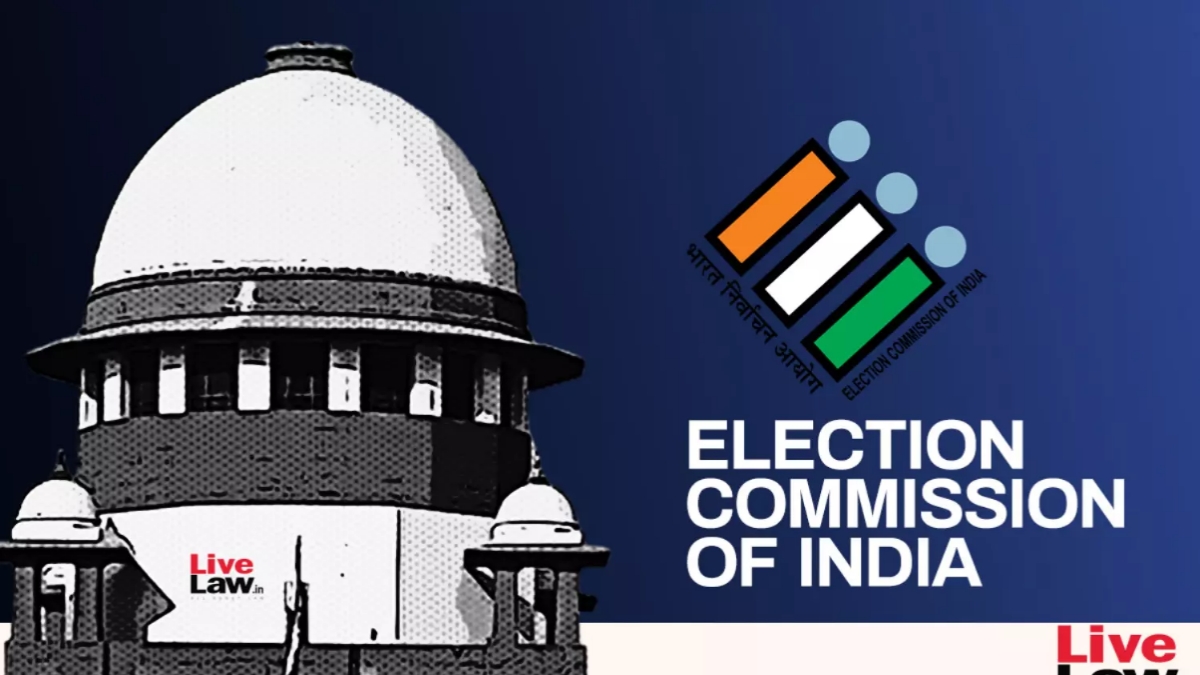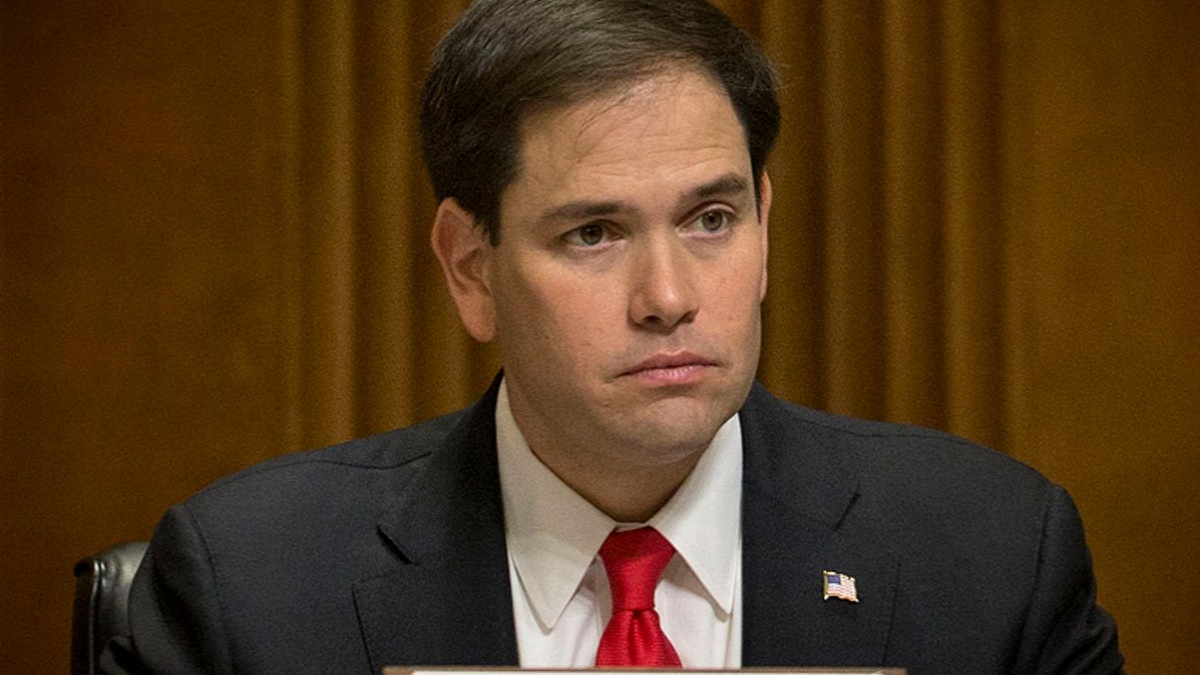
In a major step towards ensuring free and fair elections, the Election Commission of India (ECI) has unveiled a series of reforms ahead of the upcoming 2024 General Elections. These reforms are aimed at enhancing transparency, improving voter turnout, and maintaining the credibility of the electoral process. The announcement has created a significant buzz among political parties, stakeholders, and citizens who view these changes as vital for the smooth conduct of the world’s largest democratic exercise.
New Reforms to Strengthen Election Process
The Election Commission’s latest reforms focus on modernizing the voting process and ensuring greater inclusivity. One of the most notable reforms is the introduction of remote voting technology. This system is designed to allow migrant workers and those living outside their constituencies to cast their votes from any part of the country. The ECI aims to pilot this technology in selected constituencies, ensuring that every eligible citizen can participate in the election process without facing geographical barriers.
Additionally, the ECI has introduced strict rules to prevent the misuse of social media during the election period. Political parties and candidates will now be required to submit all social media content to the Election Commission for review prior to publication. This step is crucial to curb the spread of fake news, misinformation, and propaganda that could influence voters unfairly.

Focus on Voter Turnout
One of the major concerns for the Election Commission in recent elections has been the declining voter turnout, particularly in urban areas. To tackle this issue, the ECI has launched an aggressive awareness campaign called “Vote India” to encourage citizens to vote. The campaign will include roadshows, social media drives, and collaborations with influencers to spread the message of voting as a civic duty. Additionally, the ECI has proposed a “No Voter Left Behind” initiative, targeting first-time voters, the elderly, and people with disabilities to ensure they are equipped to cast their votes comfortably and securely.
The Commission is also considering extending the voting period in select urban constituencies to two days instead of one. This move is expected to alleviate the logistical challenges that often prevent urban voters from visiting polling stations.
Boosting Transparency
Transparency has always been at the heart of the Election Commission’s mandate. To further strengthen public confidence in the electoral process, the Commission has implemented Voter Verifiable Paper Audit Trails (VVPATs) at all polling booths across the country. This system allows voters to confirm that their votes have been cast for their preferred candidates by providing a paper printout of the vote cast, which is stored securely by the Commission.
In addition, the ECI has proposed deploying more election observers and video surveillance teams at polling stations to monitor the process and prevent malpractices such as booth capturing and voter intimidation.
Political Reactions
Political parties have expressed a range of opinions on these reforms. The ruling party has welcomed the changes, stating that they will contribute to a cleaner and more efficient election process. On the other hand, several opposition parties have raised concerns about the feasibility of remote voting technology, citing potential challenges with the system’s reliability and security.
However, the Election Commission has assured all parties that the new reforms are designed with utmost care and that they will be tested rigorously before implementation. The Commission has also invited suggestions from political leaders and the public to further improve the electoral process.
Conclusion
With these significant reforms, the Election Commission of India is once again demonstrating its commitment to upholding the integrity of Indian democracy. The upcoming 2024 General Elections, which will see millions of voters casting their ballots, will be a critical test of these new measures. If successful, these reforms will set a new standard for electoral processes in India and could be a model for other democracies around the world.
As the nation prepares for its next election, the ECI’s reforms are expected to bring a more inclusive, transparent, and efficient voting process that ensures the voices of all citizens are heard.







